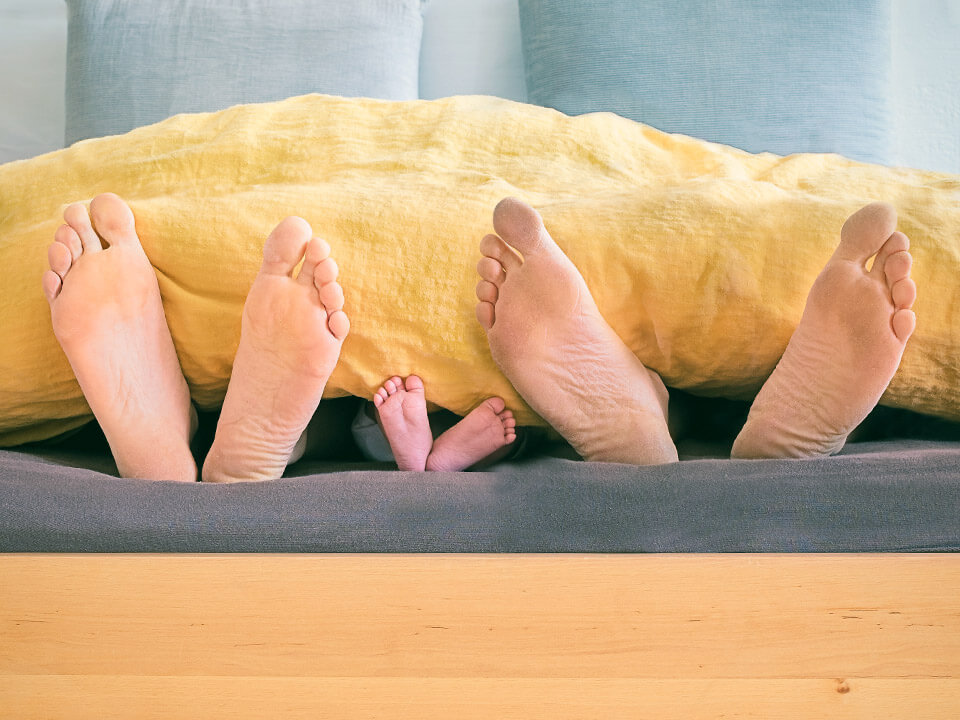Sleeping to boost our immunity
Over the course of a lifetime the average brit stays in bed for 26 years, yet it is still an aspect of life that is hugely overlooked and underestimated in terms of the correlation with health.
Ideally, we need 8 hours sleep per day, however if our quota of sleep is less than 6 hours per day it can negatively impact our daily ‘performance’.
In this scenario we are susceptible to impaired cognitive function, a dip in mood, increased feeling of fatigue, disruption of glucose metabolism, an increase in cortisol and, with heightened importance at the moment – impaired immune function.
Since the start of March 2020, UK screen exposure has risen by 60% with the average daily exposure to our devices at a daunting figure of 13 hours a day. Although this is something that many of us cannot completely avoid due to the demands of working from home, we can alleviate the negative implications this has on our health with a few simple changes to our daily habits. We have previously alluded to ergonomic work setup, which can have a huge impact on posture and subsequent hormone secretion, changing our mechanics and homeostasis respectively. However, screen time itself can be a major factor in how we internally operate due to the blue light omitted from our devices.
Internally we have something called ‘circadian rhythm’, otherwise known as our body clock. This circadian rhythm facilitates the sharp increase of cortisol in the morning as we wake, setting us up to tackle the day ahead and then increases melatonin as we wind down and get ready for sleep. They work as a paradigm against one another, if one is high, typically the other is low.
Cortisol is a steroid hormone, secreted by the adrenal glands which regulates our blood sugar concentration and aids the metabolism of substrates such as carbohydrate, fat, and protein

Melatonin on the other hand is produced in our pineal gland, responsible for reducing rates of metabolism and aiding the ‘shutdown’ prior to sleep. This helps us achieve the gold standard of ‘deep restorative sleep’ that we so desperately need.
A certain stumbling block our internal body clock encounters when we are confronted with exposure to light, particularly blue light, is that our melatonin cannot increase to the necessary levels desired, resulting in reduced sleep quality and quantity, largely down to cortisol levels not dropping. As a result of the persistently high levels of cortisol, our carbohydrate stores become depleted, inhibiting our immune response.
Below is a little protocol for us to implement into our daily lives, helping to restore immune function and give us the best possible chance of fighting what life throws at us.
Protocol:
- Avoid consumption of caffeine at least 5 hours prior to sleep, ideally not after midday
- Allow for down time away from screens before bed. Aim for an hour before, try to increase to two if possible – view it as an ideal time to read or discover something new
- Aim for 8 hours sleep every night
- Sleep in total darkness – or as close as you can muster.
